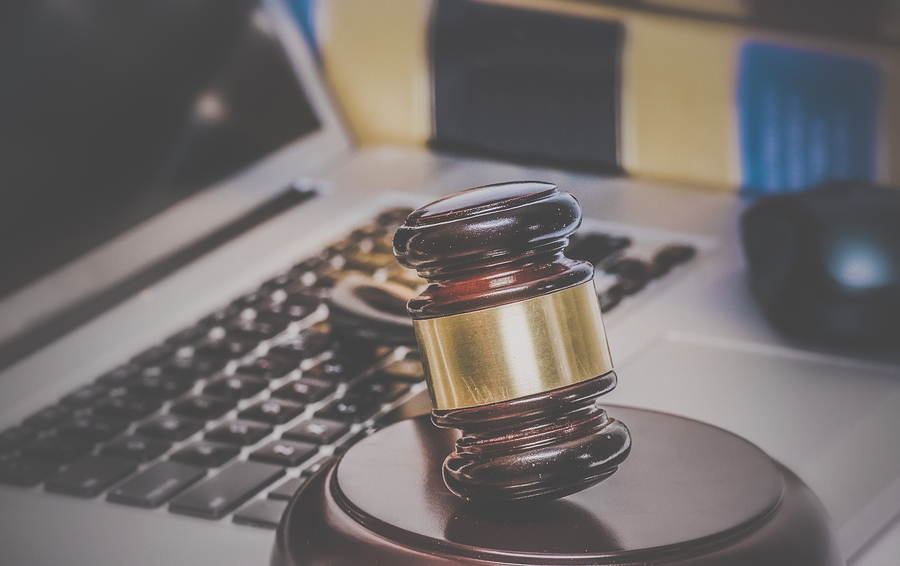If you watch many crime fighting shows, it’s easy to get the impression that the FBI and law enforcement agencies (especially those in the big cities like New York and Los Angeles) have arsenals of high-tech equipment, manned by super tech minds, that can crack open any computer or device within moments — unlocking the secrets of savvy criminals and bringing them to justice. Fade to black, roll credits, see scenes from the next episode.
Governments are Notoriously Low-Tech

Don’t believe everything you see on TV. Law enforcement agencies usually lack the funding to get the tech gadgets and know-how it takes to break the high level of encryption provided on most devices and well-developed software applications.
In reality, both federal and local law enforcement agencies simply don’t possess the funding, technical skills, nor high-tech gadgets and equipment to break into computers and devices used by criminals and terrorists. When the situation is dire enough to need these capabilities and equipment, the FBI and most other law enforcement agencies turn to outside contractors or so-called ‘white hat hackers’.
Backdoors Would Let in More Than Legal Eyes
This is prompting law enforcement to try to force tech companies to leave backdoors open in their hardware and software. Backdoors are intentional security vulnerabilities that would allow police and federal investigators to break through encrypted devices and applications to obtain evidence of wrongdoing. This, they say, is crucial to their fight against crime and the war on terrorism.
Tech Companies Fight for the Tightest Security Possible

How does this become a business problem? When a worker or user is suspected of wrongdoing, law enforcement could de-encrypt your corporate data, exposing your sensitive information in the course of their investigation. This is true even if your business is not suspected of wrongdoing.
The tech companies are fighting back. Not only do these backdoor vulnerabilities pose the obvious threat to privacy (both on the corporate level and on a personal level), but would also leave their products open to hackers who could exploit these vulnerabilities for more nefarious purposes. Since the tech companies are resisting, law enforcement agencies are turning to legislators in an attempt to force tech companies to leave them backdoors into their encrypted software and devices.
The most notable instance of this currently is the case of the FBI versus Apple. Lawyers for both recently met with the US House of Representatives Energy and Commerce Committee’s oversight subcommittee to present their arguments. Facebook and WhatsApp, both of which have had similar battles with law enforcement in the past, declined to send representatives to these hearings.
According to lawmakers at the forefront of these hearings, tech companies just aren’t offering many viable alternatives to providing such backdoors. Both Apple and Google enable encryption on their mobile devices by default. Between October 2015 and March 2016, the New York Police Department found themselves unable to access the data on some 100 encrypted devices. Sixty-seven of those were Apple devices. The suspects who allegedly owned these devices were being investigated for crimes ranging from murder to rape, among other crimes.
The Battle Spans the Globe
Some lawmakers on both the Republican and Democrat sides of the aisle have proposed that the FBI and other law enforcement agencies boost their own encryption-cracking technologies instead of trying to force tech companies to leave open backdoors. Though Apple is the one sitting in the hot seat for the moment, the inevitable decisions by lawmakers will affect all tech companies. Similar hearings and debates are ongoing outside the US, including talks among legislators, law enforcement agencies, and tech companies in the EU.
If you’re looking for a backup and disaster recovery solution with no backdoors and the tightest possible security from prying eyes, Backbox can help. Learn more about Backbox here.